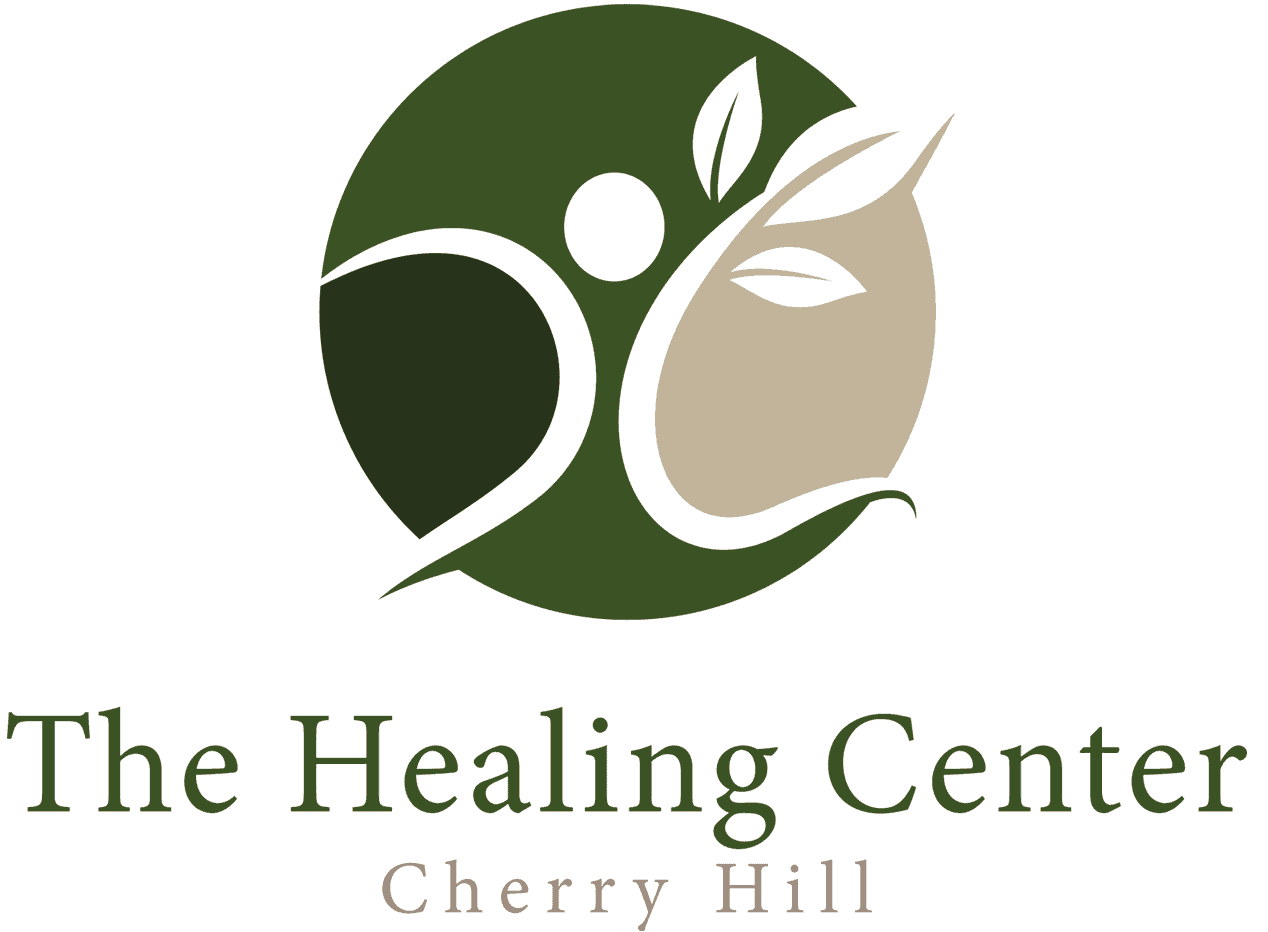Dual diagnosis, also known as co-occurring disorders, refers to the presence of both a mental health disorder and substance abuse disorder in an individual. This complex intersection of conditions requires specialized treatment approaches that address both aspects of the individual’s health simultaneously. In this article, we’ll explore some of the most effective therapies used in dual diagnosis treatment to promote holistic healing and long-term recovery.
Integrated Dual Diagnosis Treatment (IDDT)
Integrated Dual Diagnosis Treatment is a comprehensive approach that addresses both mental health and substance abuse disorders concurrently. This therapy recognizes the interconnected nature of these conditions and aims to provide seamless, integrated care. IDDT combines elements of psychotherapy, medication management, support groups, and skill-building activities to address the unique needs of individuals with co-occurring disorders.
Cognitive-Behavioral Therapy (CBT)
CBT is a widely used therapy that focuses on identifying and challenging negative thought patterns and behaviors. In dual diagnosis treatment, CBT helps individuals recognize the relationship between their thoughts, emotions, and substance use. By learning coping skills and strategies to manage cravings, triggers, and underlying mental health symptoms, individuals can develop healthier ways of thinking and behaving, leading to improved outcomes in recovery.
Dialectical Behavior Therapy (DBT)
DBT is a specialized form of therapy that combines elements of cognitive-behavioral techniques with mindfulness practices. It emphasizes the development of skills for emotional regulation, distress tolerance, interpersonal effectiveness, and mindfulness. In dual diagnosis treatment, DBT helps individuals build resilience, cope with intense emotions, and improve relationships while addressing both substance use and mental health issues.
Motivational Interviewing (MI)
Motivational Interviewing is a client-centered therapy approach that focuses on exploring and resolving ambivalence about change. Within effective therapies in dual diagnosis treatment, MI helps individuals increase their motivation to engage in treatment, make positive changes in their behavior, and sustain long-term recovery. By fostering a collaborative and non-confrontational environment, MI empowers individuals to identify their values, set goals, and take steps towards positive change.
Medication-Assisted Treatment (MAT)
Medication-Assisted Treatment involves the use of medications, in combination with counseling and behavioral therapies, to treat substance use disorders. In dual diagnosis treatment, MAT may be utilized to manage withdrawal symptoms, reduce cravings, and stabilize mood in individuals with co-occurring mental health disorders. Medications such as buprenorphine, methadone, naltrexone, and certain psychiatric medications may be prescribed as part of a comprehensive treatment plan.
Family Therapy
Family therapy involves engaging the individual’s family members in the treatment process to address family dynamics, communication patterns, and relationship issues. In dual diagnosis treatment, family therapy helps improve familial support systems, enhance communication skills, and educate family members about the complexities of co-occurring disorders. By involving loved ones in the recovery journey, family therapy promotes a supportive and nurturing environment conducive to long-term healing.
Peer Support Groups
Peer support groups, such as Alcoholics Anonymous (AA) or Narcotics Anonymous (NA), provide a supportive community of individuals who share similar experiences with substance abuse and recovery. In dual diagnosis treatment, peer support groups offer a sense of belonging, understanding, and encouragement for individuals struggling with co-occurring disorders. By connecting with others who have walked a similar path, individuals can gain valuable insights, coping strategies, and inspiration for their own recovery journey.
Trauma-Informed Therapy
Many individuals with co-occurring disorders have a history of trauma, which can contribute to the development and exacerbation of mental health and substance abuse issues. Trauma-informed therapy approaches, such as Eye Movement Desensitization and Reprocessing (EMDR) or Trauma-Focused Cognitive Behavioral Therapy (TF-CBT), address the underlying trauma that may be driving addictive behaviors and mental health symptoms. By processing past traumas in a safe and supportive environment, individuals can heal emotional wounds and reduce the risk of relapse.
Dual diagnosis treatment requires a multifaceted approach that addresses both mental health and substance abuse disorders simultaneously. By utilizing therapies such as Integrated Dual Diagnosis Treatment, Cognitive-Behavioral Therapy, Dialectical Behavior Therapy, Motivational Interviewing, Medication-Assisted Treatment, Family Therapy, Peer Support Groups, and Trauma-Informed Therapy, individuals with co-occurring disorders can receive the comprehensive care they need to achieve lasting recovery and improve their overall well-being.
Find Healing With Effective Therapies in Dual Diagnosis Treatment in Cherry Hill NJ
At The Healing Center’s rehab in Cherry Hill, we understand the complex and intertwined nature of co-occurring disorders, which is why we have developed comprehensive treatment programs that incorporate a range of evidence-based therapies tailored to meet the unique needs of each individual.







